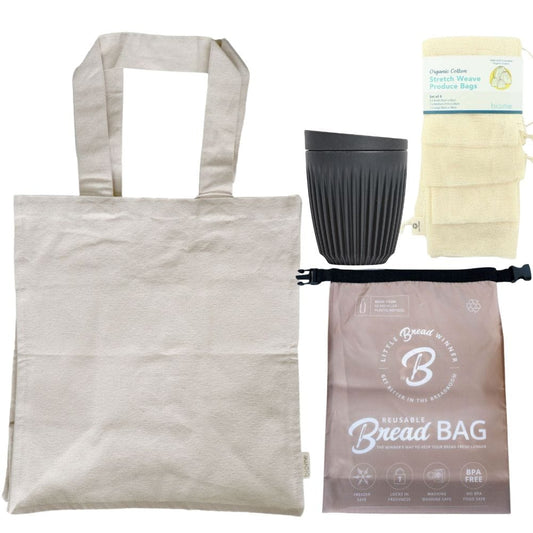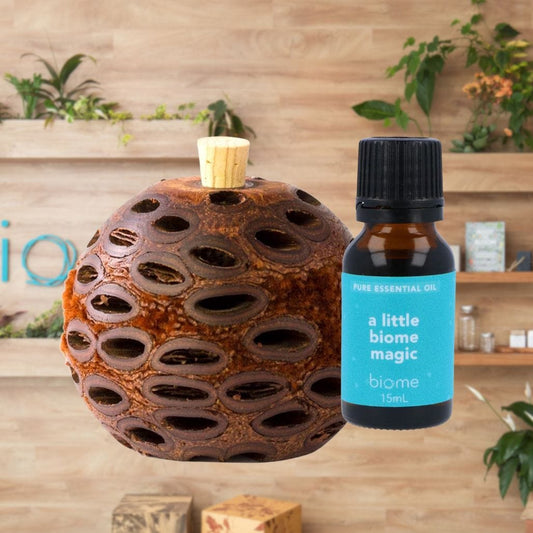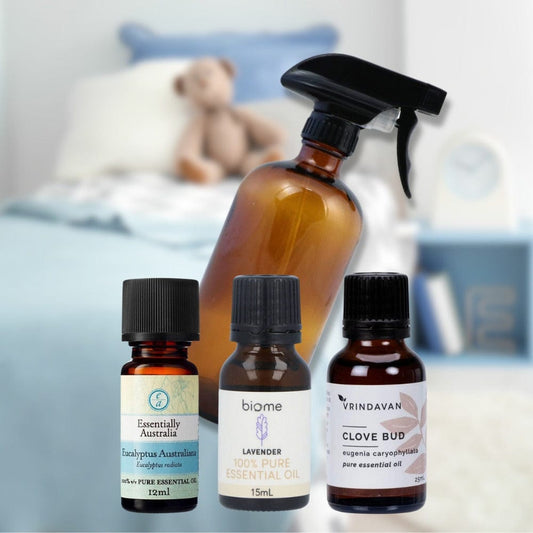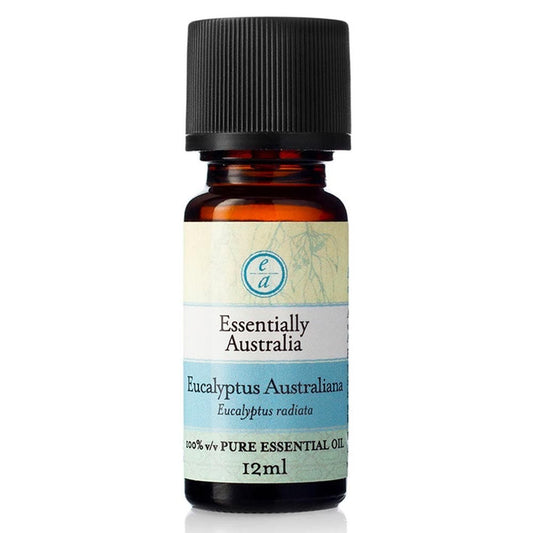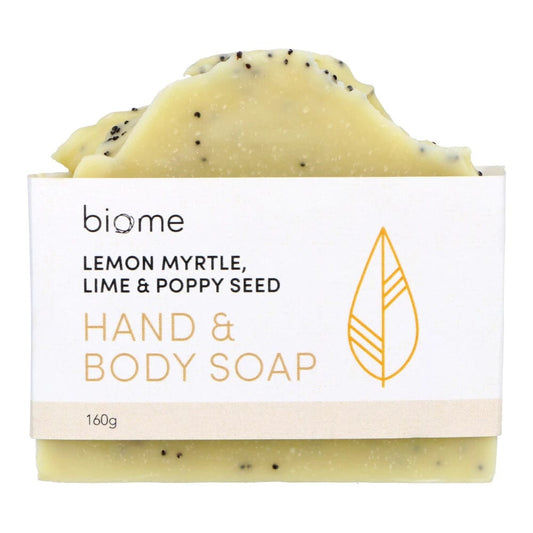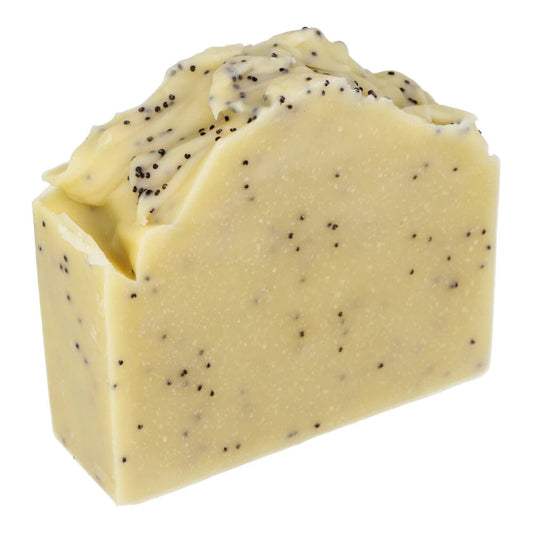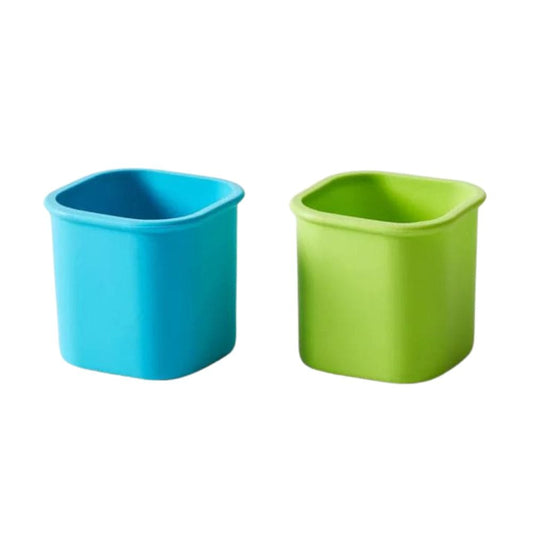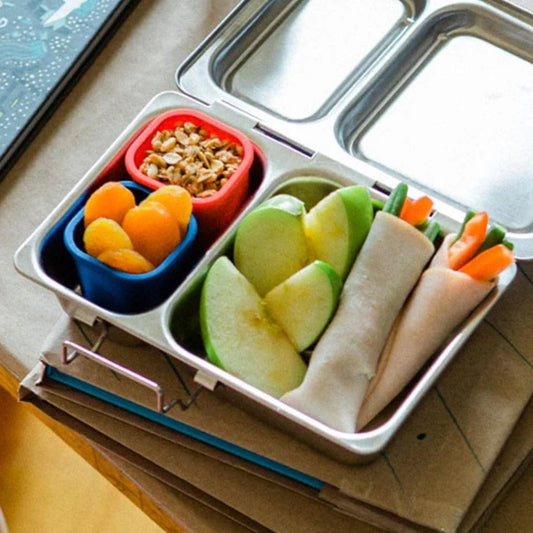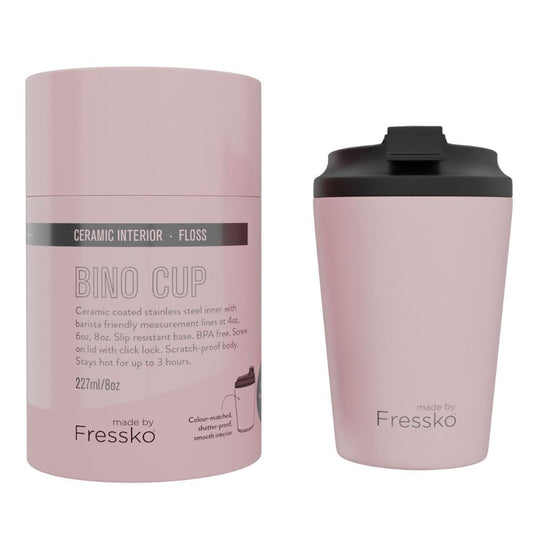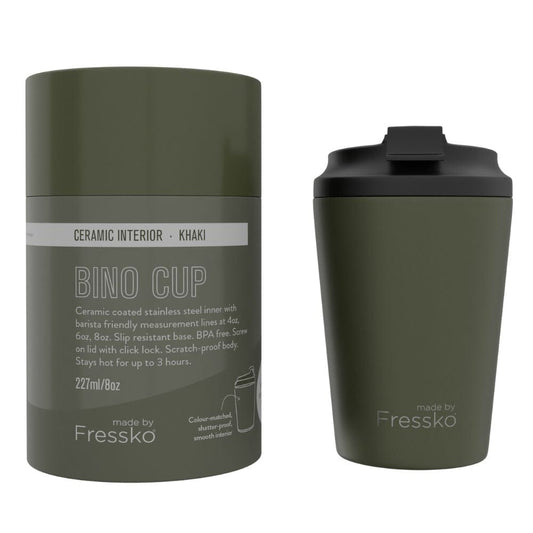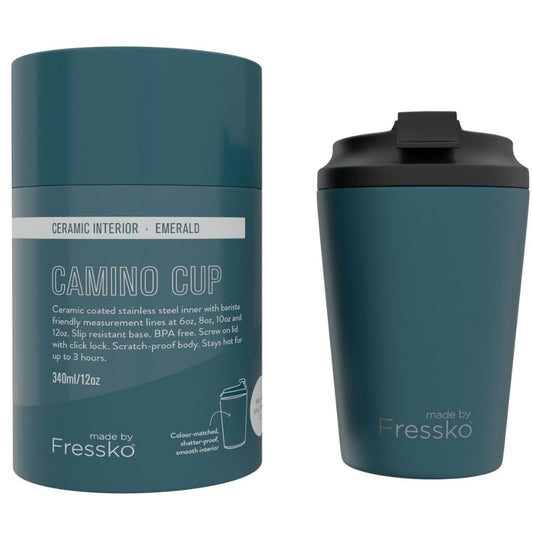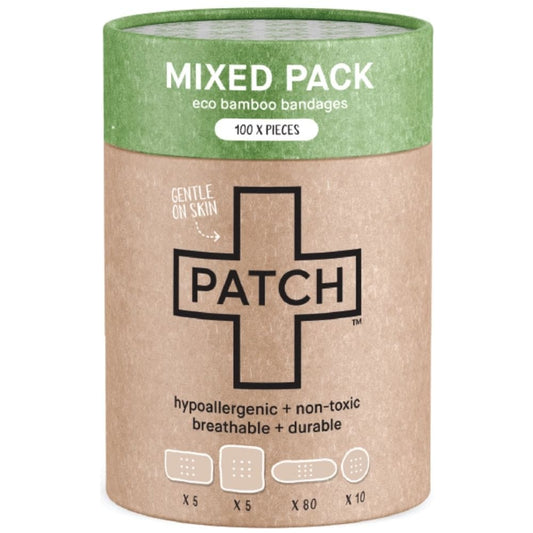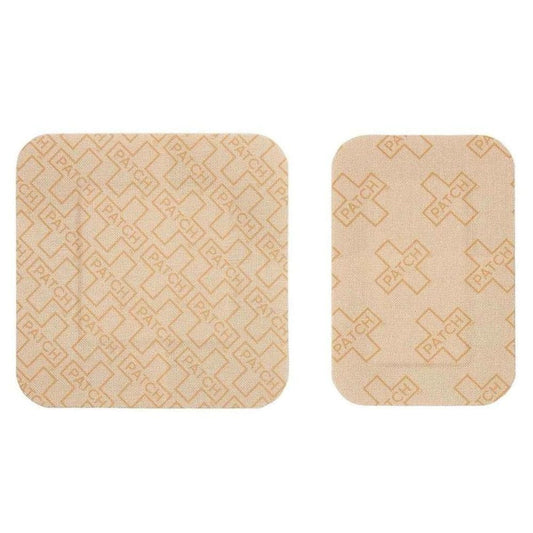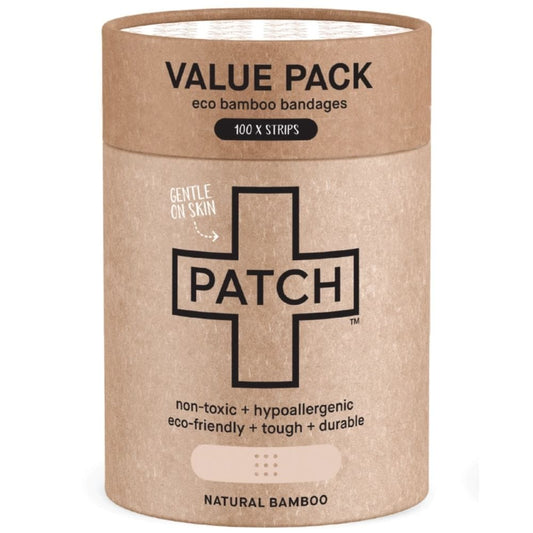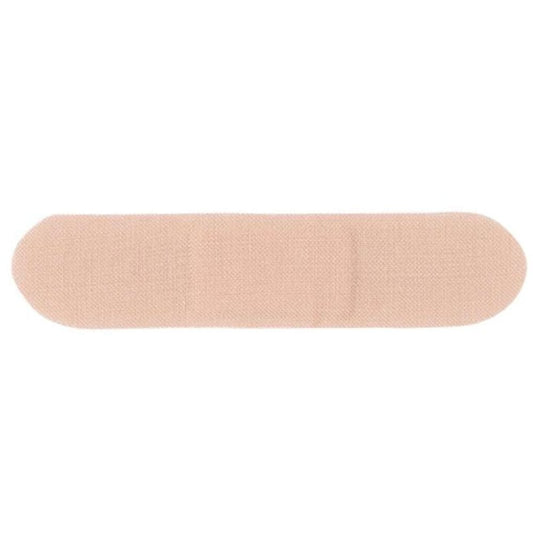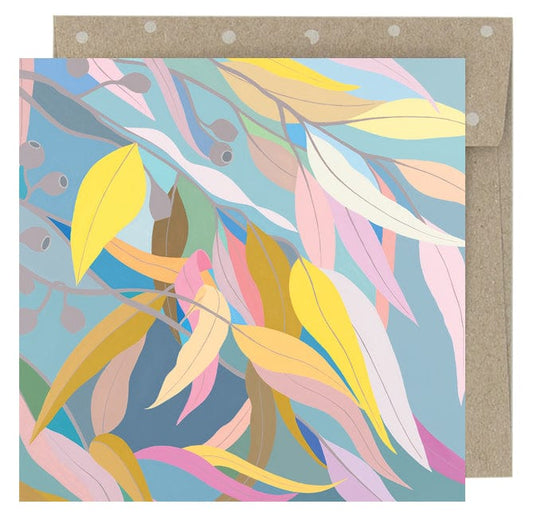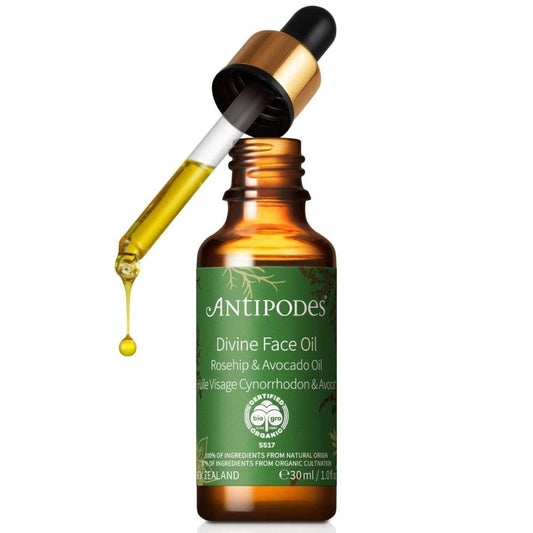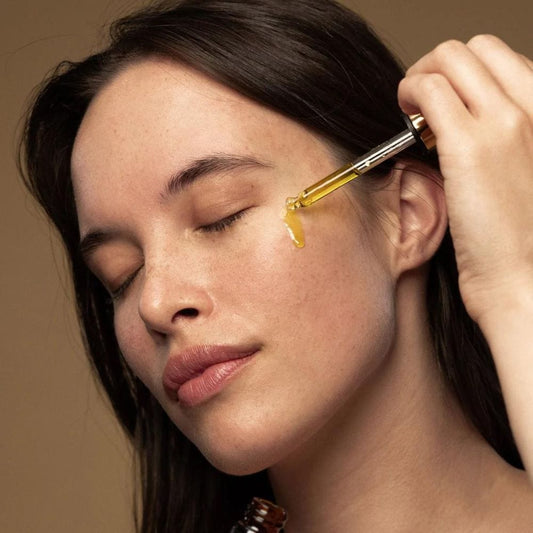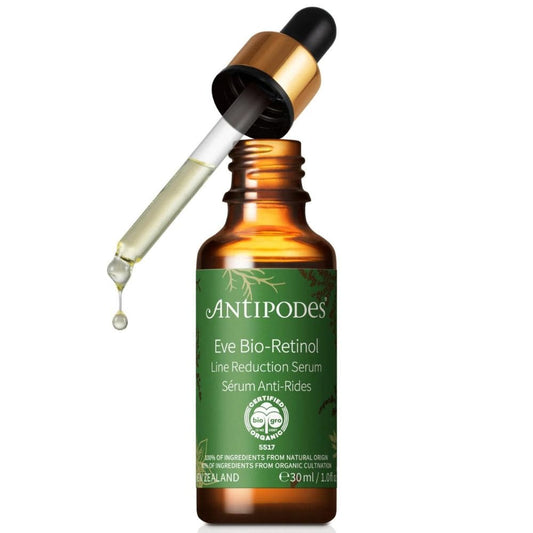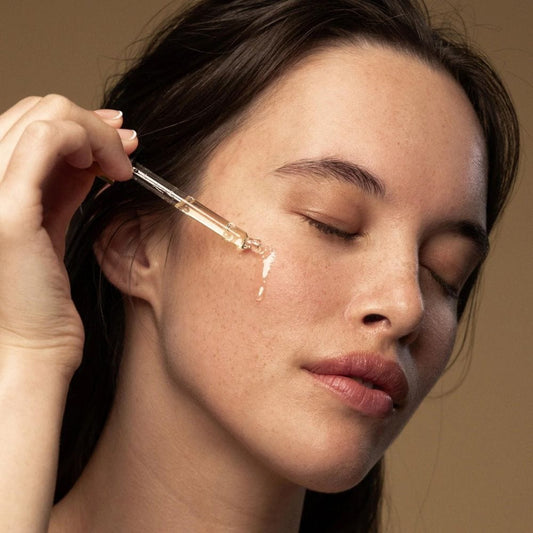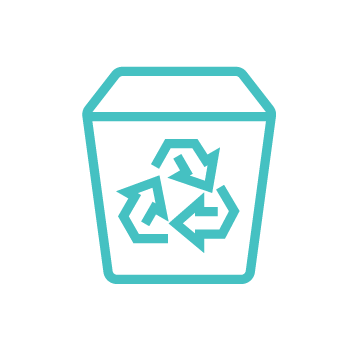Most of us spend a considerable amount of time inside our homes, so it's important to keep the indoor air as clean as possible, especially during winter when we're likely to keep our windows and doors shut to seal out the cold. According to the US Environmental Protection Agency, indoor air quality can be twice as polluted as outside air (1), but it doesn't have to be. Here are some quick and easy ways you can improve indoor air quality at home.
Use fragrance free cleaning products
Most commercial cleaning products contain fragrances, hazardous chemicals and toxic fumes which can irritate the lungs and cause difficulty breathing. Many also contain volatile organic compounds (VOCs), which emit toxic gasses and also provoke respiratory inflammation. Using products like chlorine bleach, toilet cleaners, fabric softeners, floor cleaners and disinfectant products just once a week can increase your chance of developing chronic respiratory problems significantly. The safest products to use for cleaning are warm water, fragrance-free traditional soap, castile soap or soapberries, bi-carb soda, oxygen bleach, lemon juice and vinegar. These plus a good quality microfibre cloth and natural bristle brush will effectively remove dirt, mould and grease around your home, while protecting your lungs from irritation and damage.
Avoid aerosol sprays
The petroleum based chemicals found in aerosols, including deodorants, air fresheners and bug sprays emit air pollution in the form of volatile organic compounds. VOCs interact with other particles in the air to create smog, which can in turn trigger asthma, permanently scar the lungs, and create another type of pollution known as PM2.5, fine particles that are linked to heart attacks, strokes and cancer. Switching to a natural deodorant cream or paste, and using natural air fresheners and pest repellants is a quick and easy way to avoid these pollutants.
Take your shoes off at the door
Take your shoes off at the door and keep dirt, pesticides and other pollutants from making their way into your home. Like wearing shoes in the house? Keep a pair of slippers or thongs just for inside.Increase ventilation
Proper ventilation allows harmful air pollutants and allergens to circulate outside, and therefore decrease your exposure to them. Open your windows on a regular basis, even during winter. If you live near a busy road, avoid opening your windows during the busy peak hour though.Invest in an air purifier
Place an air purifier in commonly used rooms to help ventilate and clean the air in those spaces. The InovaAir AirClearn A8 air purifier is made in Australia and features a superior system design internal components that operate at near-silent levels to remove dust, bacteria, viruses and allergens from the air. It is a great single room particle and volatile organic compound capture solution. Other sizes and filtration options can be seen here >
Add a chlorine filter to your shower
In order to remove bacteria and other contaminants, mains water is treated with chlorine, so if you're connected to mains water, chlorine will be released into the air every time you have a shower. Breathing this chlorine in can be harmful to your health, but you can avoid exposure by installing a shower filter, like one from the Sprite range.Swap to beeswax candles
Unlike petroleum or soy wax candles, beeswax candles emit negative ions which work to clear the air of positively charged particles, including mould spores, pollen, dander, odours, germs, dust and others. When negative ions grab hold of these positively charged particles, they become too heavy to remain airborne and drop to the floor waiting for you to vacuum or wipe them up.
Keep floors and surfaces clean
Sweep, mop and vacuum floors regularly (at least twice a week). Wipe down surfaces with a damp cloth to pick up particles. We also recommend to use a vacuum with a HEPA filter, which will trap a large number of very small particles other vacuum cleaners would otherwise recirculate back into the air. HEPA vacuums are great for minimising dust, dander and other common allergens.Groom pets regularly
Pet dander (pet hair and skin cells) is a common cause of indoor air pollution. If you are a fur mum or dad, brush them regularly and be sure to vacuum carpets, floors and furnishings with a vacuum that has a HEPA filter.Add plants
Peace lilies, snake plants, Boston fern, calathea, golden cane palm, golden pothos, English ivy, Chinese evergreen and rubber plants are great at purifying the air and help to minimise the effects of pollutants such as formaldehyde, ammonia and carbon monoxide. Not all of these plants are safe for pets. Boston fern, calathea and golden cane palms are ok though.Eliminate mould
Exposure to mould can lead to a number of health and respiratory problems. If you discover you have mould it is important to get to the source of the problem. The root cause of moisture is likely to be excessive condensation, inadequate ventilation, inappropriate drainage, plumbing or roof leaks after storms, flooding or high humidity. To rid mould from hard surfaces, wipe the surface with an 80% white vinegar to 20% water mix using a microfibre cloth. Wash the cloth well in a 50:50 white vinegar to water solution after use to prevent recontamination. After wiping with the vinegar solution, spray with a clove oil solution. Mix a quarter of a teaspoon of clove oil per litre of water, put it in a spray bottle and lightly mist the mouldy surface. Leave for 20 minutes and wipe off. Spray again and leave. It will take between 24-48 hours for mould spores to dry and drop off.
Further reading U.S. Environmental Protection Agency. 1987. The total exposure assessment methodology (TEAM) study: Summary and analysis. EPA/600/6-87/002a. Washington, DC.


